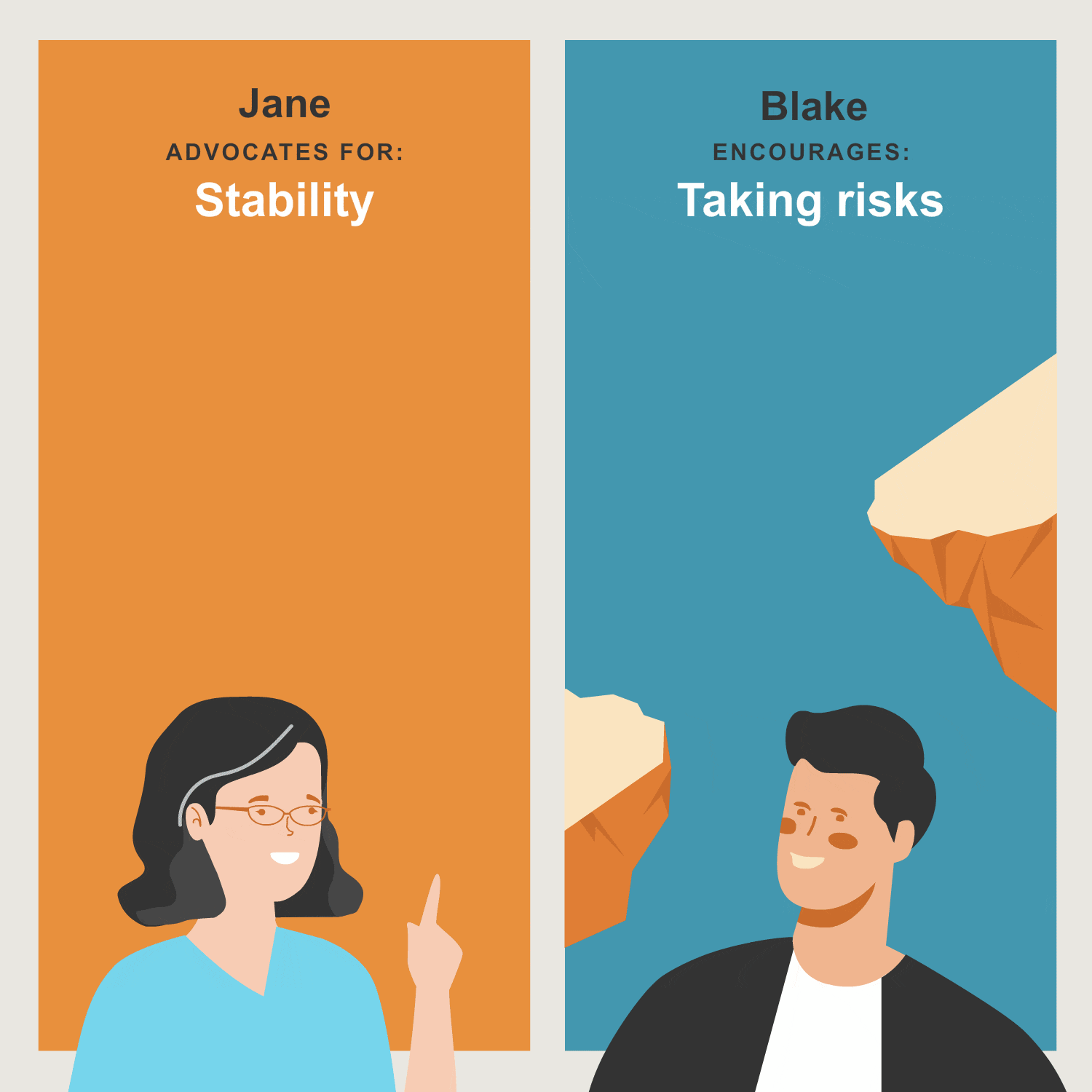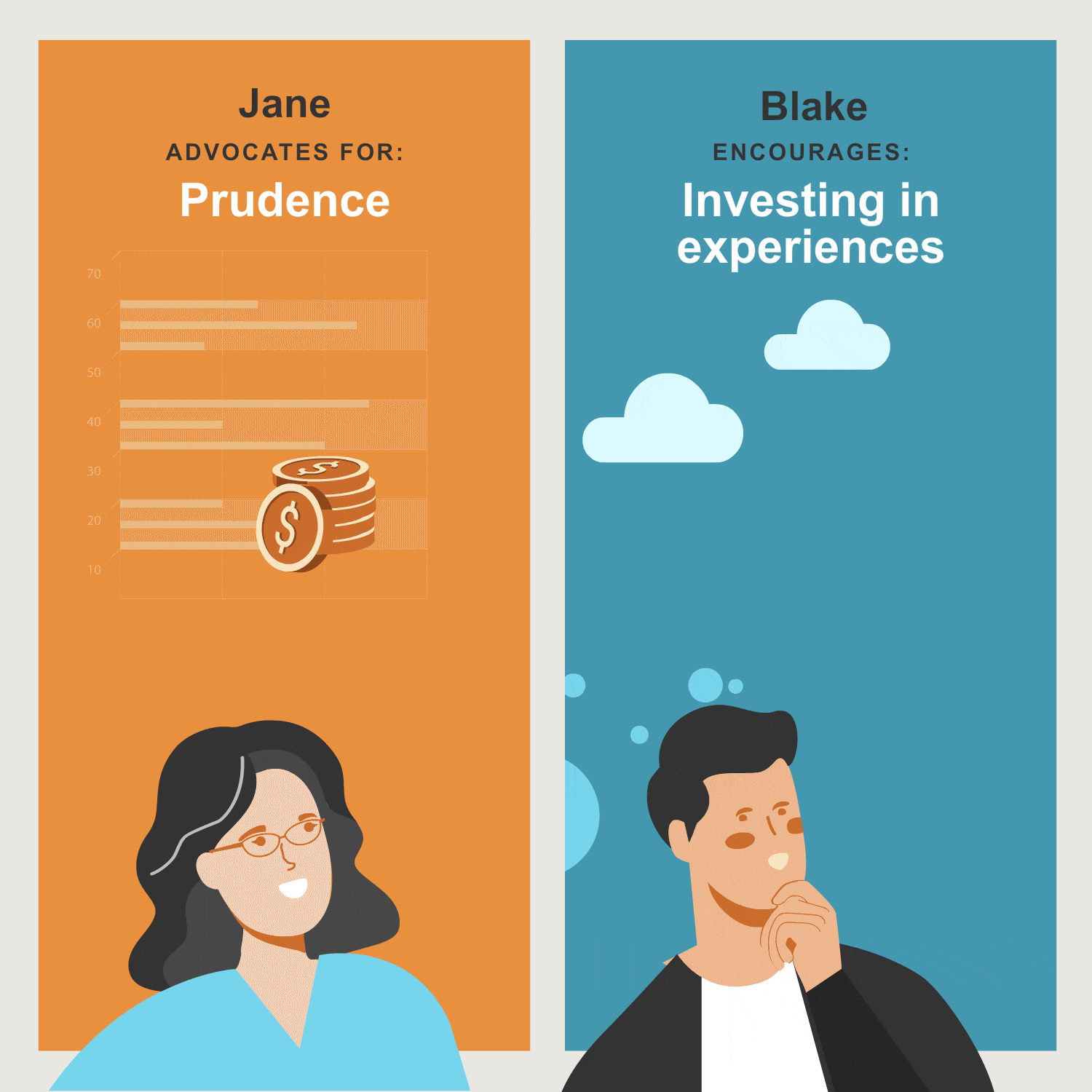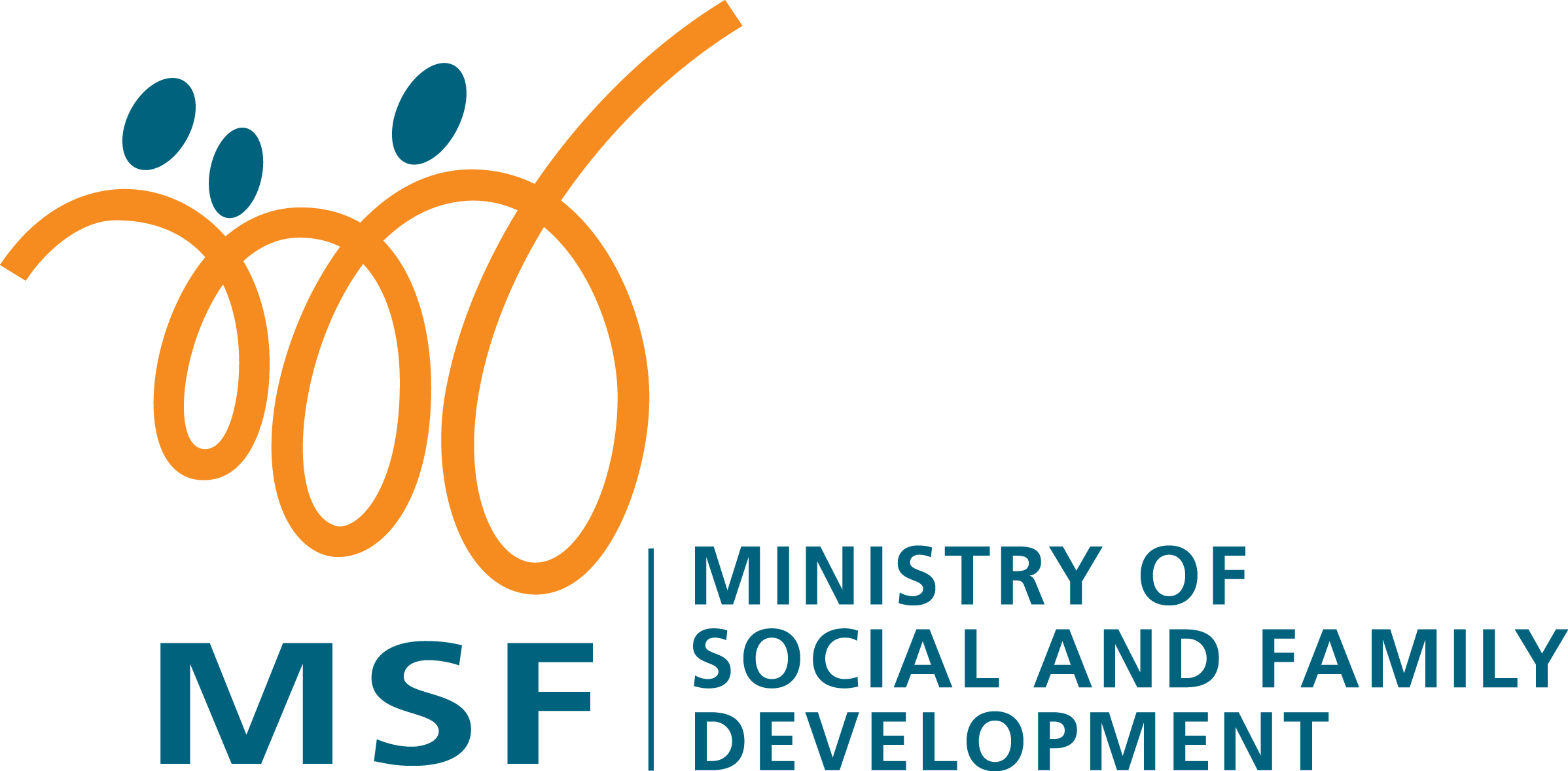Who knows best? Navigating life with parental wisdom versus peer perspectives

Generational conflicts stem from different values and experiences, but understanding each other's perspectives can help bridge the gap. Photos: Shutterstock
What’s more important – career stability or pursuing your passions, saving for a rainy day or investing in experiences? When parental advice and peer insights clash, can young Singaporeans strike a perfect balance?
In the journey from graduation caps to office desks, young adults often find themselves at a crossroads, caught between the advice of their parents and the opinions of their peers.
According to a Pew Research survey, nearly 70 per cent of youths turn to their parents for guidance on issues like career choices and financial management. Despite this, about 40 per cent of youths find themselves at odds with their parents’ views on these topics.
In Singapore, younger generations are sometimes labelled entitled, overly individualistic and less resilient, while older generations are seen as conservative and stubbornly attached to their traditions. These differences span various topics, from career paths to personal spending.
Can this apparent conflict in perspectives be reconciled? The following scenarios illustrate how Josh, a young adult in Singapore, navigates between his mother Jane’s time-tested advice and the views of his friend Blake.
BALANCING JOB SECURITY AND CAREER FULFILMENT
Fresh out of university, Josh finds himself at a pivotal decision point: Should he secure a full-time job in his field of study or follow his passion by pursuing freelance opportunities in the creative industry?

Blake’s advice focuses on immediate satisfaction and personal growth, which may appeal to Josh’s aspirations for a dynamic career. On the other hand, Jane emphasises the value of consistent career progression and long-term security.
While Josh feels that Blake is better informed about today’s economic opportunities and risks, he also knows that Jane’s pragmatism stems from years of experience in the workforce and genuine concern for his future.
Addressing the generational differences in perspective, Mr Nicholas Gabriel Lim, head of Graduate Diploma in Youth Work and Professional Life Coaching Programmes at Singapore University of Social Sciences, said: “Parents like Jane aim to prepare their children for the future. But for young adults, it’s sometimes the present that matters because it influences how they are perceived and whether they feel a sense of connectedness with their peers.”

As young adults are still exploring and defining their identities as part of their personal growth, having shared behavioural norms and values with peers is important to them.
For example, if Josh takes up a 9-6 office job as his mother advises, he may feel left out and resentful when he sees his peers on social media pursuing unorthodox career choices, like freelancing in creative fields or becoming digital nomads. There is also the underlying fear that he may one day regret sacrificing his youth and the pursuit of his passion for the security of a stable career.
As an adult in his early 20s, input from his peers and a sense of belonging are important to Josh. This often leads to tension when trying to balance his friends’ advice with his mother’s guidance. “The tension isn’t about whose influence is stronger or whose advice is right, as both can be equally valuable,” said Mr Lim. “The real struggle for Josh is making a well-rounded decision that he can truly call his own, without negatively impacting his relationships with his parent and friend.”
Mr Lim suggests that Jane facilitate an open discussion, rather than impose her views. “By encouraging Josh to explore the different facets of his career choices, he can then take ownership of his decisions. This is vital for his independence and self-discovery during this critical period of personal and professional development.”
THE QUEST FOR WORK-LIFE BALANCE
Work-life balance is a top priority for young professionals, according to a 2022 survey by Deloitte. While Jane encourages Josh to work hard to get ahead in his career, Blake points out that earning a large salary and a promotion won’t make up for burnout. Josh must decide if he wants to hustle to maximise his earning potential, as Jane advises, or heed Blake’s words to prioritise self-care.

While Josh appreciates Jane’s guidance, he often finds her warnings restrictive. He agrees with Blake that he doesn’t want to waste his youth overworking and not having enough time and energy to pursue his interests, such as hobbies or long-term travel. Although Josh knows Jane wants the best for him, family conversations about careers often make him feel like she is imposing her views on him.
According to Mr Lim, young adults like Blake are likely guided in their decision-making by the part of the brain that is predominantly driven by emotions and relationships. Middle-aged individuals like Jane primarily use a brain region that assesses consequences and outcomes, making them more sensitive to the practical impact of decisions. However, Mr Lim emphasised that this doesn’t mean that young people are incapable of considering long-term consequences; rather, older adults may process these considerations more efficiently as their brains are more developed.
To engage effectively, parents often need to adjust their communication styles and protective tendencies. When communicating with young adults like Blake and Josh, Jane can choose her words to be more empathetic and less didactic.

Instead of questioning Josh’s work ethic with phrases like “Why don’t you want to work? Don’t be lazy”, which may provoke defensiveness, she can listen to his frustrations about his work. Then, drawing from her own experiences, she can offer suggestions to help him achieve a healthier work-life balance.
Said Mr Lim: “Mentors should frame their guidance in ways that resonate emotionally, ensuring advice is not only practical but also meaningful. The key lies not just in what is said, but in how it is communicated and understood.”
On Josh’s part, Mr Lim advocates for a balanced approach that combines youthful passion and seasoned wisdom to inform more comprehensive decision-making. “Young professionals should leverage the experience of trusted adults who can provide insights grounded in practicality and foresight,” he advised.
DIFFERING ATTITUDES TOWARDS PERSONAL FINANCES
Navigating financial advice can feel like balancing contrasting philosophies. For Josh, who has managed to save a decent amount, the dilemma now is whether to continue building his nest egg or take advantage of his youth and invest in enriching experiences like travel and higher-risk opportunities like cryptocurrencies.

While he shares a similarly relaxed attitude to money as Blake, Josh is aware that Jane has sacrificed and saved for years to pay for his education and upkeep. He feels guilty and anxious about spending on things she considers frivolous – such as weekend trips or nights out – yet he can't bear missing out on these formative experiences with his friends. He oscillates between wanting to enjoy his youth without limits and worrying that his mother is right about his excessive spending on fun pursuits.
According to Mr Lim, such disagreements are normal in a healthy parent-child relationship. “Young people are quite resilient and will fall back on that stable relationship and deep connection with their parents,” he explained. “The stronger the bond, the higher the likelihood that they can handle pushback or challenges to their views without harming the relationship.”
Josh may occasionally come into conflict with Jane or Blake, but if his relationship with either worsens, he is unlikely to seek their advice on important issues in the future. This will shrink his circle of support at a time when he is grappling with major life decisions. Ultimately, it’s important to recognise that both parents and peers have the best interests of the young adult at heart – even if their views seem contradictory or communication styles differ.

To foster better mutual understanding, Mr Lim advises Josh to see Jane’s cautious guidance as a valuable resource rather than merely restrictive.
“Understanding the risks outlined by someone with a mature perspective can refine your decision-making process,” he explained. “You can integrate this practical advice with your personal values and lessons from your upbringing. This synthesis enables you to make informed choices that reflect both caution and passion. That’s the real benefit of having support from both generations – it broadens your understanding and enriches your decision-making framework.”
Who do you turn to for advice and support, and how do you balance advice from different generations?









